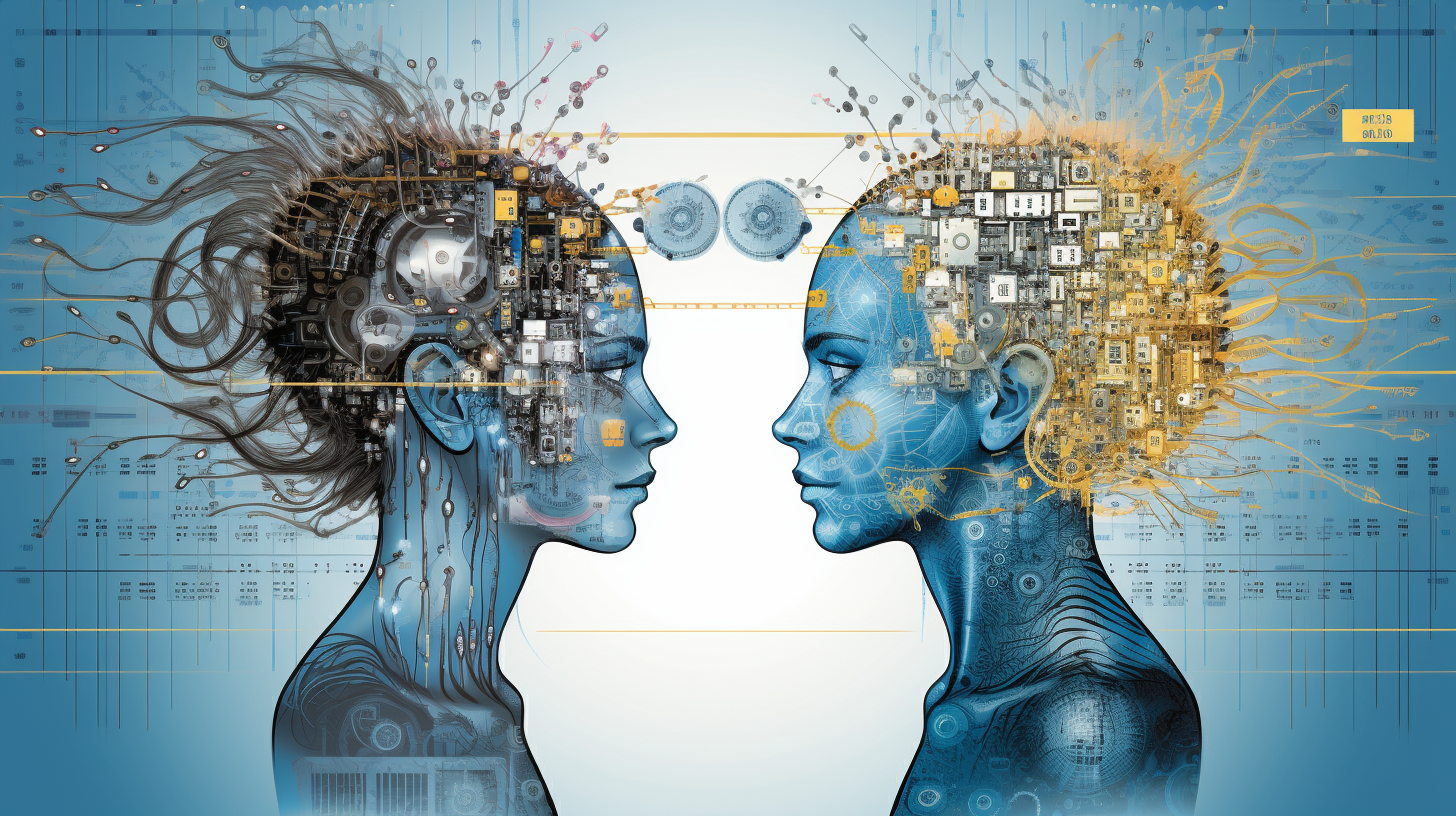Imagine a world where the complexities of the brain are not only understood but also seamlessly integrated with the digital realm. As we stand on the precipice of a technological revolution, neuroscience and cryptocurrency are converging in ways previously relegated to the realm of science fiction.
The potential of blockchain technology is no longer confined to financial transactions; it is now spearheading a revolutionary shift in how we understand and interact with the human mind. Leading the charge are cutting-edge neural-cryptographic interfaces that challenge our very conception of identity, privacy, and cognitive liberty.
‘Neuro-crypto interfaces’, as they are colloquially known, represent a class of technology that is rooted in the premise of full-duplex brain-machine communication. These devices, borne out of a synthesis between neuroscientific insights and cryptographic algorithms, are capable of translating neural activity into secure, digital cryptographic keys. What does this mean for society? A paradigm shift towards a new era where our thoughts could be as accessible and transactable as our online banking accounts.
The implications are vast and multifaceted. In the medical sphere, these interfaces could revolutionize mental health therapies, allowing for the precise and private transfer of neurological patterns associated with mood or cognitive function. Imagine sending a ‘mental health update’ securely to your therapist, bypassing the limits of language and subjective reporting. In the realm of security, imagine a world where ‘brain signatures’ are as unique and unforgeable as the most complex cryptographic keys, making identity theft virtually impossible.
But the potential doesn’t stop with improved health or security. The integration of blockchain-driven neural interfaces suggests a future where the monetization of cognitive assets becomes a reality. Neural patterns, or ‘thought products,’ could be traded on decentralized markets much like cryptocurrencies. This could give rise to new economic models centered on the intrinsic value of ideas and knowledge, with creatives and problem-solvers able to directly monetize their cognitive capital.
Yet, with great innovation comes great ethical conundrums. The intersection of neuroscience and cryptocurrency compels us to reconsider the nature of consent, personal autonomy, and the monetization of intangible assets. As we blur the lines between mental and digital spaces through these interfaces, we must confront issues related to neural privacy and the potential for cognitive exploitation. Are we ready to navigate the legal and moral labyrinth that such a society might present?
The notion of ‘cognitive liberty’ – the right to privacy of one’s own mental space – becomes central in a world where thoughts could be as easily transferred (and potentially intercepted) as an email. While the decentralized nature of blockchain technology offers robust security, it also raises questions about the governance of such intimate data.
As research in neural-cryptographic interfaces progresses, we are witnessing the emergence of ‘crypto-cities’: urban centers where every citizen’s neural profile is encrypted, stored, and potentially monetized on a blockchain, propelling social interactions, commerce, and urban planning into a surreal dimension. The concept of anonymity redefines itself in these spaces, as does the notion of public and private sectors.
In conclusion, the crypto revolution in neuroscience is an exhilarating glimpse into a future where our innermost thoughts could be digitized and encrypted. This convergence could see the genesis of unprecedented therapeutic tools, robust security measures, and radical economic revolutions. However, as we chart this unexplored territory, we must tread carefully, ensuring that individual rights and ethical considerations keep pace with technological advancement.
Whether we are crypto-enthusiasts or novices in this domain, one thing is certain: the dialogue on the crypto-neuro frontier is not only necessary; it’s inevitable. Embrace the conversation and ponder this question – What if your next big idea could be securely recorded on the blockchain, becoming a currency of its own?
